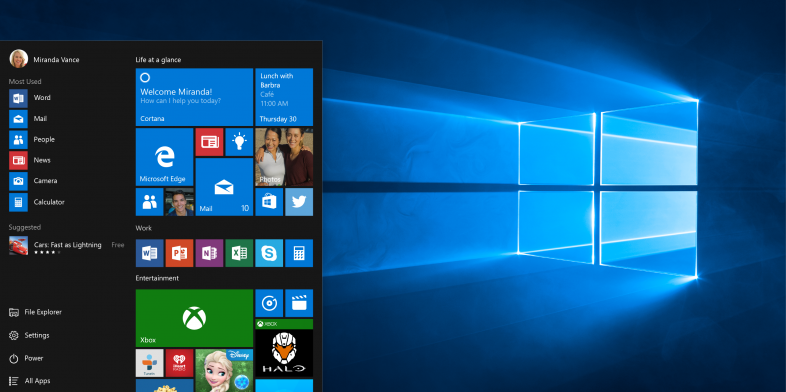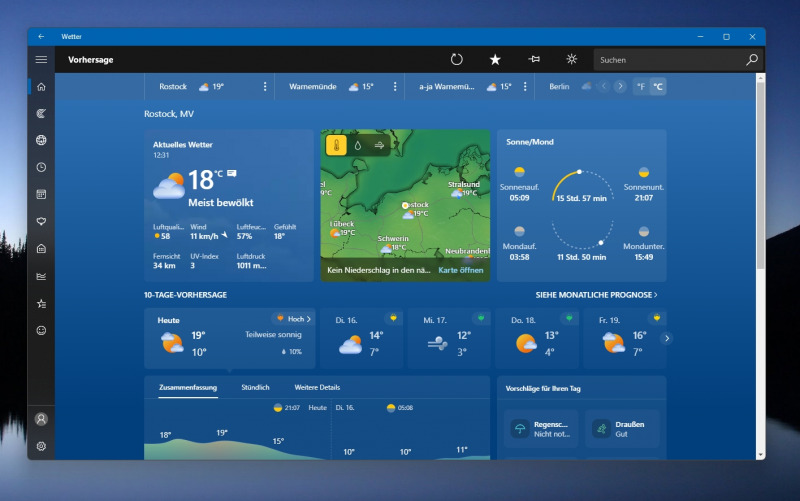The Role of Social Media in Shaping Public Opinion and Political Movements
In recent years, social media has become an increasingly powerful tool for shaping public opinion and influencing political movements. With billions of users worldwide, platforms like Facebook, Twitter, and Instagram have the ability to amplify voices, spread information, and connect people across the globe. In this blog post, we'll explore the ways in which social media is changing the landscape of politics and public discourse.

The Power of Social Media
Social media has revolutionized the way that people communicate, share information, and engage with one another. By providing a platform for individuals to express their opinions, social media has empowered people who might otherwise be marginalized or overlooked. This has led to a democratization of ideas and increased access to information, allowing people to learn about issues and events from around the world.
One of the key features of social media is its ability to create communities around shared interests or beliefs. These communities can take many forms, including groups, pages, and hashtags. By connecting people who are passionate about the same topics, social media allows them to share information, organize events, and coordinate actions. This has been particularly evident in political movements, where social media has played a significant role in mobilizing people and raising awareness about issues.
The Impact of Social Media on Politics
Social media has had a profound impact on politics, both in terms of how politicians communicate with their constituents and how citizens engage with the political process. One of the most notable changes has been the rise of "citizen journalism" – the practice of ordinary people reporting on news and events using social media platforms. This has led to a proliferation of information sources, as well as increased scrutiny of traditional news organizations.
Another significant impact of social media on politics has been the ability to reach new audiences and engage with previously disengaged groups. Social media has allowed politicians to appeal directly to voters, without the need for intermediaries like traditional media outlets. This has been particularly effective for younger voters, who are more likely to get their news and information from social media than from other sources.
The Risks and Challenges of Social Media in Politics
Despite its many benefits, social media also poses risks and challenges for politics and public discourse. One of the most pressing concerns is the spread of misinformation and "fake news." Social media algorithms prioritize content that generates engagement, which can lead to the proliferation of false or misleading information. This can have serious consequences for public opinion and political decision-making.
Another risk associated with social media is the potential for polarization and the creation of "echo chambers." Social media platforms use algorithms to surface content that is likely to be of interest to individual users, which can create a feedback loop where people are only exposed to viewpoints that align with their own. This can make it difficult for people to engage with opposing views or consider alternative perspectives.
Conclusion
Social media has transformed public opinion and political movements by empowering individuals, creating communities, and amplifying voices. While it has brought many benefits, it also poses risks and challenges, including the spread of misinformation and the creation of echo chambers. As social media continues to evolve, it will be important to address these issues and find ways to harness its power for positive change.
What's Your Reaction?



















![SkillShare Premium Cookies for Free [October 2023]](https://bacuftech.com/uploads/images/202310/image_140x98_651bbc75a54f6.jpg)



